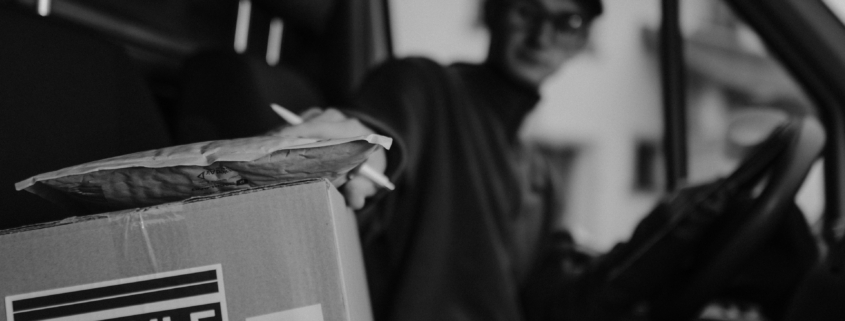Car Accidents and the Gig Economy: Legal Implications for Delivery Drivers
There’s no question that the gig economy has completely changed the economy as a whole and how people approach work. A growing number of services are delivered via the gig economy, which saves companies money and theoretically gives consumers more options. But what does this mean for the drivers, delivery drivers, and shoppers who take care of our mundane and unwanted tasks? Those who rely on gigs for side money or their main stream of income should know their legal rights and liabilities.
How Drivers Are Viewed in the Gig Economy
The gig economy has completely overhauled how goods and services make their way to consumers. This means that delivery drivers now fill a completely different role than they once did. Consider the delivery drivers of years past—they were directly employed by one restaurant, were compensated for mileage on their own personal vehicle, received tips, and generally earned an hourly wage. Some restaurants still have their own delivery employees, rather than outsourcing deliveries to a service like Grubhub or DoorDash.
Now, delivery drivers may deliver food from a wide array of restaurants across a large metropolitan area. But they’ve lost the rights and benefits of being an employee. They do not have a set schedule or guaranteed hours. If they have time to work but find that there aren’t any deliveries to make, they simply have to wait. The peak hours for delivery services may not be the same hours that the delivery driver is available to work. And they aren’t paid for waiting, either—while employees are paid no matter what, independent contractors are only paid for the specific service they are providing.
There’s no real guarantee of income for independent contractors. This, again, benefits the companies. The restaurants don’t pay to have their food delivered to consumers; the consumers do. The delivery drivers don’t get most of that money—the delivery companies do. Delivery drivers get a small amount of base pay as determined by the app and whatever a customer feels inclined to give them. This is a lot of income instability compared to a steady job.
Liability and Insurance Coverage
Delivery work is also fairly dangerous. Car accidents are incredibly common, and the more time you spend on the road, the more likely you are to be hit. Delivery drivers are at significant risk of accidents, especially since most delivery services prioritize speed above all else. Taking too long to reach a customer’s house could lead to a poor rating on the app (and subsequent loss of driver status on that app) and a revoked tip.
Insurance coverage generally falls to the delivery companies that hire independent contractors. This is due to legislative advocacy across the country, which has forced companies relying on gig work to provide at least some sort of protection for drivers. The coverage they provide is only liability insurance, which means that it covers property damage and bodily harm suffered by people in the other vehicle.
The driver doesn’t actually benefit from it at all; their injuries and property damage must be covered by their own insurance. It’s important to note that there is an exception to this—while its competitors offer insurance, Grubhub does not. The exception is in the state of California, where they are required to do so.
Legal Rights and Obligations for Delivery Drivers
Delivery drivers must be ready to advocate for themselves to protect their rights. As independent contractors, they cannot be forced to work certain hours or take certain jobs that are considered undesirable. If a company starts blurring the lines between employee and independent contractor, a driver may be entitled to the same benefits an employee would receive.
They are also entitled to a safe work environment. Drivers should be fully trained on their job and given resources to help them if they’re harassed by customers or put in danger during deliveries. They should also be protected if they do not want to serve a customer that makes them feel unsafe.
In the event of a car accident, delivery drivers are obligated to stay at the scene, talk to the police so they can create a police report, and provide their insurance information to the other driver. While their company may not cover their expenses, they may be able to pursue a personal injury claim to recover compensation from the at-fault party.




